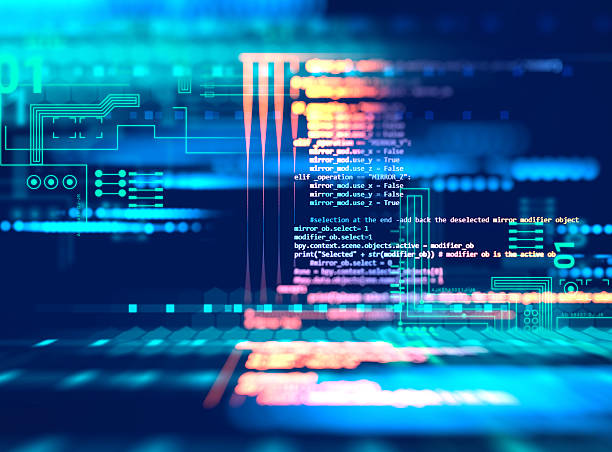Got tech?

Through our wide array of competitions and programs, the Society for Science & the Public has come across many innovative projects featuring technology. Below are some examples from recent years of how alumni have utilized tech in devising solutions to specific problems.
Shubh built two devices that allow disabled people and amputees to ride bicycles. They include a detachable set of piston-cylindrical-spring-systems and a portable side stand. People with disabilities, those with one leg, or those who have difficulties balancing can attach these devices to regular bikes. Since they do not require major bike alterations or maintenance, besides regular oiling, Shubh’s technology is also cost-efficient.
Mihir develops robots based on animal biology, a field known as biomimicry. He was a multi-year Broadcom MASTERS semifinalist and 2013 finalist and an Intel ISEF 2015 finalist. FlyBot, one of Mihir’s inventions, is a flying robot drone that is capable of avoiding obstacles by incorporating an insect’s visual capabilities.
Easton is the CEO and Founder of Unlimited Tomorrow, which uses low-cost 3D printing to build better, easy-to-use prosthetics. An Intel ISEF 2012 and 2013 finalist, he founded the company at 18. At 14, he made his first robotic hand out of LEGOs, fishing wire and electrical tubing. Since then, his tech has advanced into a 3D printed, brain-powered robotic arm.
Gabrielle’s project focused on the challenges of detecting and preventing domestic violence. She created an algorithm that can be used by AI assistants, like Alexa or Google Home, to detect the risk for verbal and emotional abuse. After talking to women in the Middle Tennessee YWCA’s Domestic Violence Help Program, which provides emergency shelters, counseling, support groups and transitional housing for domestic violence victims, Gabrielle was inspired to find a technological way to help.
Joshua developed a mobile application for children with autism. Specifically, he created a chatbot that facilitates interactions between them and their parents. First, the app collects basic information about the children from their guardians. Through various customization settings and conversation prompts, it then identifies things the child may like. The chatbot compiles the responses, analyzes them and presents parents with insights into what activities their child would enjoy, but cannot convey verbally.
Kaien wanted to better understand major depressive disorder and how scientists can detect the illness, so he developed an early detection tool for depression. The app he created could help doctors detect depression based on shrinkages or expansion in certain areas of the brain, like the hippocampus, which regulates memory. His project received the Marconi/Samueli Award for Innovation at the 2016 Broadcom MASTERS.


